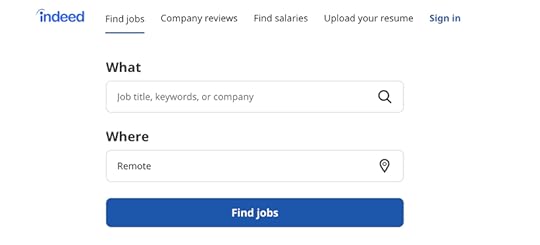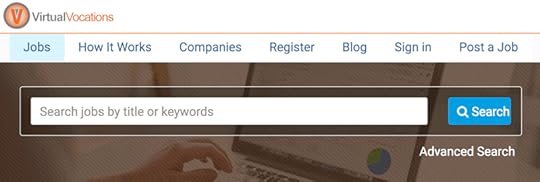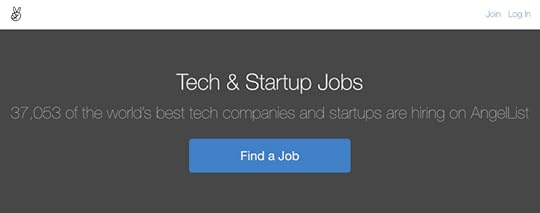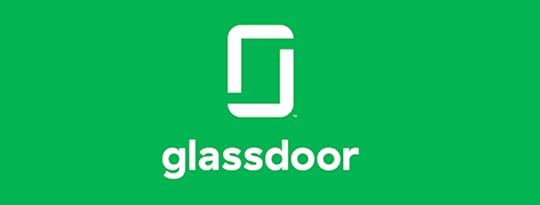Niall Doherty's Blog, page 179
May 28, 2020
Working Nomads Review 2020
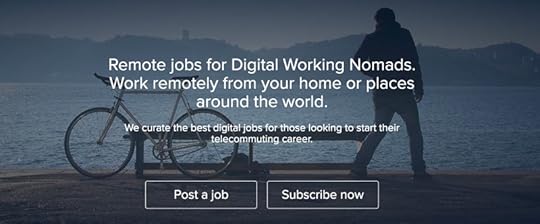
About
Working Nomads is a remote job board that also delivers a personalized list of remote job updates to your inbox.
Indeed Review 2020
May 27, 2020
10 Best Free Affiliate Marketing Course 2020
Today you’re going to learn which are the best FREE affiliate marketing courses online.
Here’s the shortlist:

9 Best Free Affiliate Marketing Course 2020
Today you’re going to learn which are the best FREE affiliate marketing courses online.
Here’s the shortlist:

7 Best Free Affiliate Marketing Course 2020
Today you’re going to learn which are the best FREE affiliate marketing courses online.
Here’s the shortlist:

Authority Hacker vs Income School
Two of the most popular affiliate marketing courses you can buy today:
The Authority Site System by Authority HackerProject 24 by Income School
 Left: Mark and Gael from Authority Hacker. Right: Jim and Ricky from Income School.
Left: Mark and Gael from Authority Hacker. Right: Jim and Ricky from Income School.I’ve reviewed all the top affiliate marketing courses, including those two.
Key points for both:
The Authority Site System
About
An impressive affiliate marketing course that teaches you how to build authority websites and earn passive income.
May 22, 2020
eBiz Weekly #72
eBiz Weekly is a free newsletter packed with tips, insights and opportunities to build your online business. We send it out every Friday to 4,909 legendary subscribers. We also post the content of each email here on the website.
Sign up to get the next edition of eBiz Weekly delivered to your inboxHP
We'll first send a confirmation email to make sure it’s you

